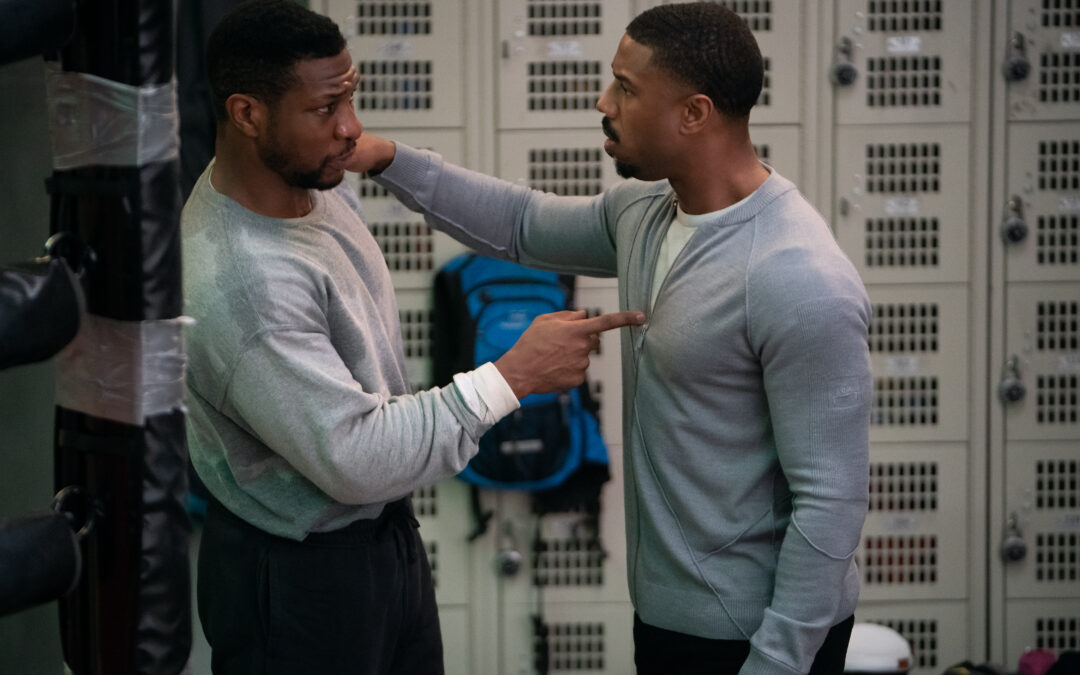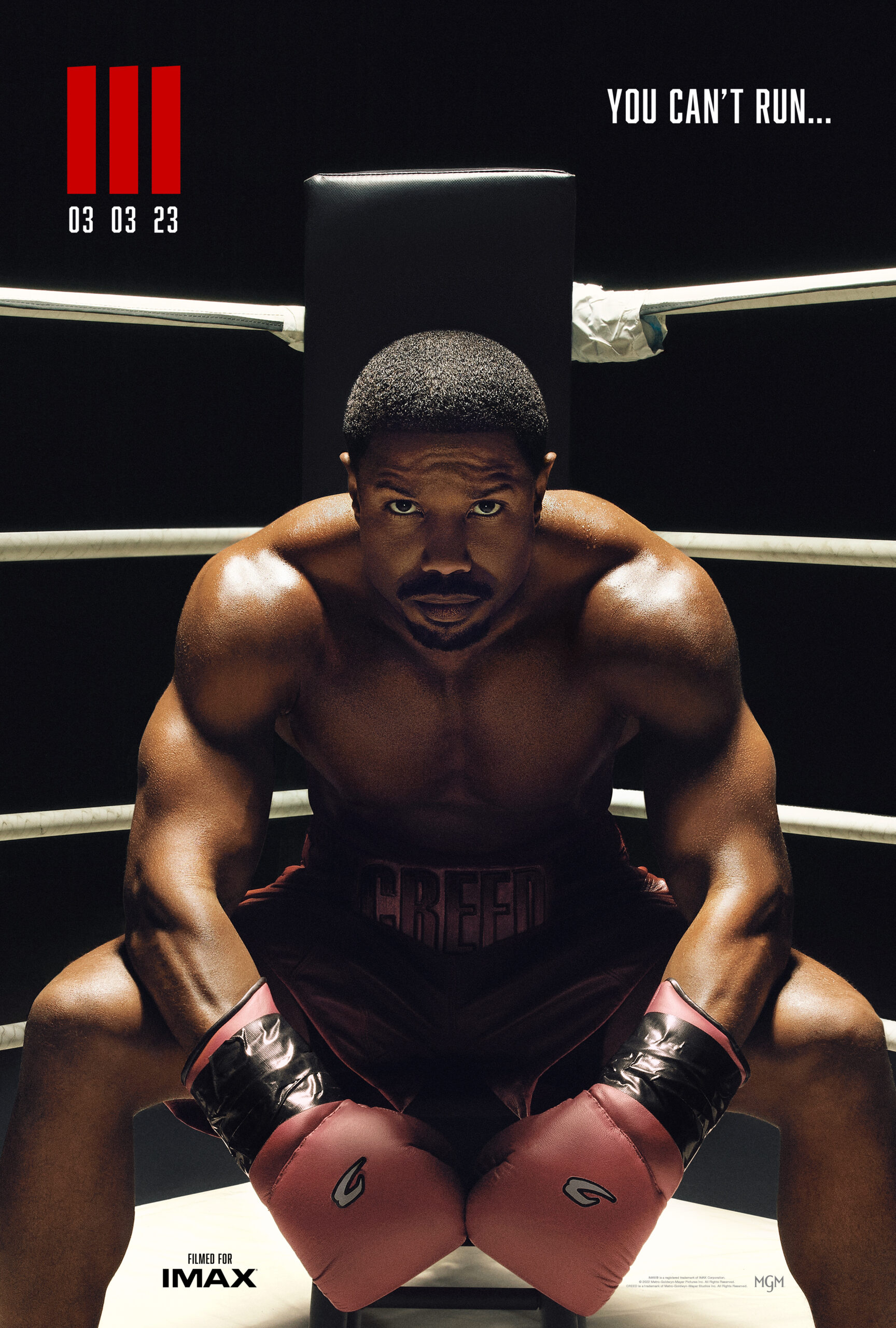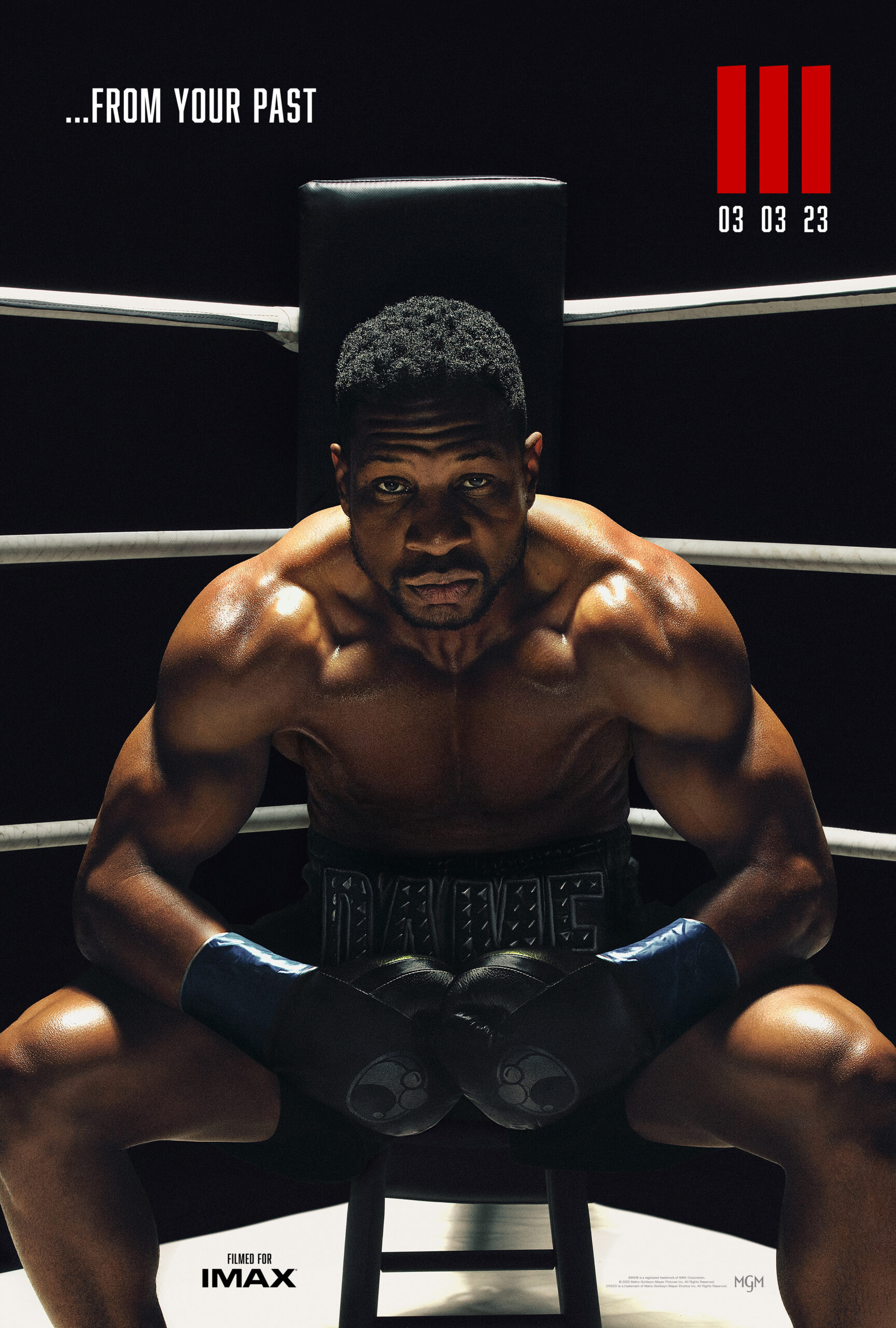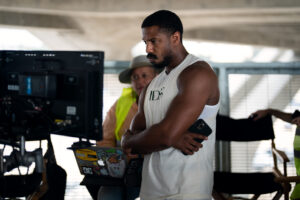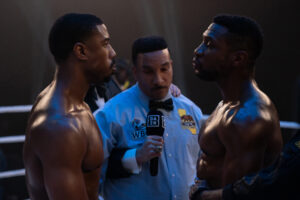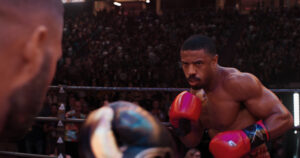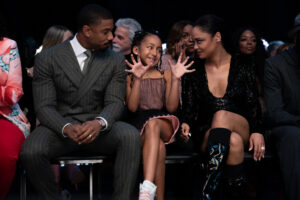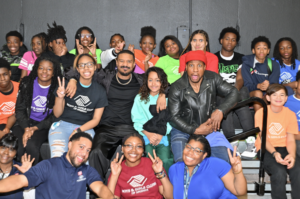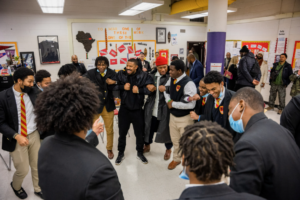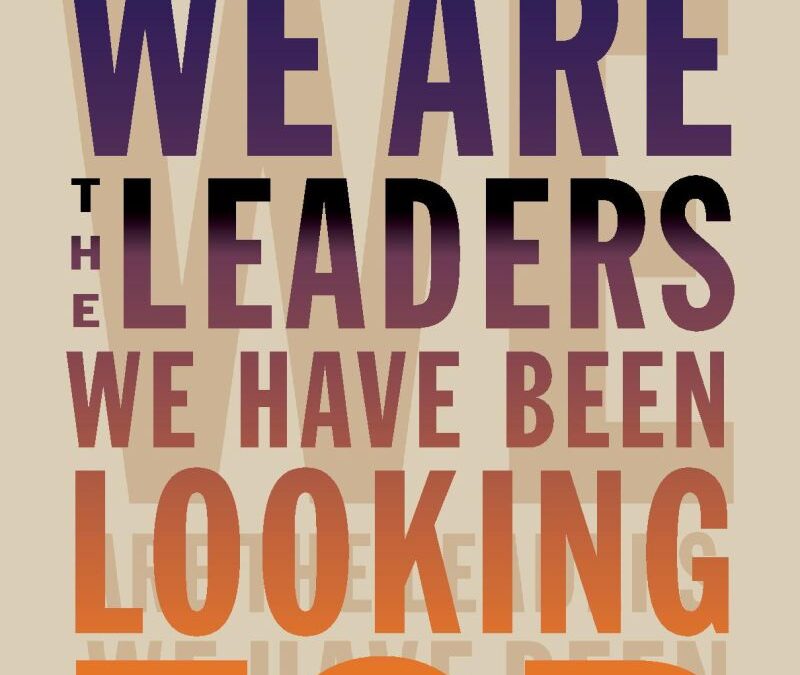
We Are The Leaders We Have Been Looking For: Dr. Eddie Glaude x UrbanFaith
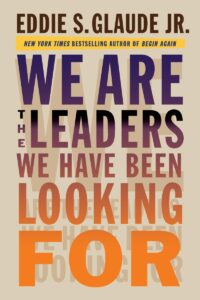 Maina
Maina
Man, one of my favorite authors, I mean, I just want to be blunt with you. Every time I see you on Meet the Press, Eddie, I’m always like, he is dead on about something. I don’t know where it comes from. So where were you when you said to yourself, “Self, I need to write a book [like] We Are The Leaders that We’ve been Looking For?”
Dr. Glaude
You know, this book is based on a set of lectures I delivered like in 2011. And I was so angry at that moment. Everybody was excited about the Obama presidency. And I was angry in some ways, doc, that people were reading Obama’s presidency as the fulfillment of the black freedom struggle. That that’s what the object of all that sacrifice was for, was to get a black man in the White House. And I just thought, that’s not true. What happened to love, what happened to justice, what happened to the moral dimension of the movement? I wanted to think through that. I wanted to figure out what were we relinquishing, what were we giving up in that moment. And then fast forward, all these years later, I returned to those lectures. And I returned to them because in some ways I had lost my footing. I was trying to figure things out because COVID had disrupted so much, I had lost two partners. I felt like I was unmoored, untethered as it were. And I knew these lectures were a moment when I was trying to usher in a new way of being for myself, a new way of thinking for myself, a new way of writing for myself. So I wanted to go back to that moment. And lo and behold, I saw what I was trying to do differently. So all of this happened in the summer of 2023. And I got to work. And then I submitted the manuscript to the editor at Harvard University Press and they were like, OMG, let’s get this out as soon as we can.
Maina
What would you say to people who feel the disillusionment of people who are going, “I don’t want to be the leader?”
Dr. Glaude
I think part of what I’m trying to argue is that when we outsource our responsibility for the house [of this country], when we say, well, I don’t want to pay the mortgage then we know what’s going to happen. And so we cannot outsource our responsibility for democracy any longer to so called prophets, to so called heroes, to politicians. We have to understand this is where Ella Baker, Miss Baker, is so important that we are our salvation in this instanc. Of course, that that doesn’t disregard one’s faith claims, but it’s what we do.And there’s a somewhat cliche at the heart of the book. And that is that if we are the leaders we’ve been looking for, then we got to become better people. We got to reach for higher forms of excellence. James Baldwin used to put it this way, the messiness of the world is often a reflection of the messiness of our interior lives. So if we don’t begin to do that hard work on becoming better people, then we can’t be the source of significant change. But I also should say this, doing the hard work of becoming a better human being must take place alongside of [and] within our ongoing effort to make a more just world. Because the world as it currently is organized gets in the way of us becoming better people. It’s almost like you’re rewarded to be selfish, you’re rewarded to be greedy, you’re rewarded to be mean spirited, you’re rewarded to be self-regarded. You’re not rewarded if you’re other regarded, if you’re not regarded if you have an I, thou relationship [with others as non-objects], you’re not regarded if you’re committed to justice, if you’re committed to the least of these, you see what I mean? If you’re maladjusted to an unjust world, you’re not rewarded. So we got to do the hard work of self-cultivation in pursuit of a more just world. That’s the heart of the book.
Maina
Which one of these people did you fall in love with the most? You’re taking some of the very, very best and you’re dropping them right in front of us and there are nuggets right in front of us. Which one did you go, “I am more in line with this leader.”
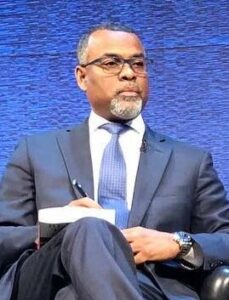 Dr. Glaude
Dr. Glaude
It depends on what age you ask me. So when I was a young kid growing up in Mississippi, Dr. King meant everything. I remember checking out the album, show you how old I am. It was the vinyl of Dr. King’s “I Have a Dream” speech. It was the March on Washington. And I remember stopping it and learning it by memory from Mrs. Mitchell’s eighth grade history class. And Dr. King was so important to how I imagined myself. When I got to Morehouse, you’re baptized in King’s thought. You got the statue of him looking at you. And so King was so important for me at a young age. But then when I got to Morehouse, Malcolm became my guy. And I have my goatee to this day. I will never cut it off as kind of testimony from my first conversion experience, reading The Autobiography of Malcolm X. So here I am excited to be at King’s Alma Mater and my freshman year, this guy walks up to me and said, “You’re like a hand without a thumb. You don’t know who you are.” And he gave me Malcolm X’s autobiography. And I read it that night. And I found the language for my father’s anger. I found the language for how to imagine myself as a man, given the fact that I was so afraid because my father scared me to death. Malcolm became this hero of mine that I cut my political teeth on. And now here I am in my fifties. And Miss Baker is all up in me. It’s a more mature voice, I suppose, but we wouldn’t have a black freedom struggle of the 20th century if it wasn’t for her. And the way in which she has that wonderful line, “A strong people doesn’t need a strong leader.” And I said this once, I was speaking, I think it was in Chicago. I was like, “What happens when you have fans in the pews and a celebrity in the pulpit?” The church is dead. It’s done. I think we’re seeing a lot of that right now. What happens when you outsource your faith journey to someone else? And so part of what I’ve been trying to do is to live Miss Baker’s edict. Because the title of the book comes from her. We are the leaders we have been looking for. She says, “We have to convince people that their salvation is in their hands.” What we choose to do. Not what the preacher chooses to do, not what the politician chooses to do. So not what Malcolm inspired me to do, not what King leads me to do, but what’s coming from inside of my heart in light of the exemplars of excellence and love that inform and shape my own voice as I understand it. And that’s what I’m writing towards in the book.
Maina
You keep talking to me. So last question. Sure. Your spiritual faith journey, did that come into play in this book at all?
Dr. Glaude
It’s at work in all of my texts. To be honest with you, it’s me trying to understand what does it what does it mean to be decent and loving? What does it mean to exemplify the ministry of Jesus without it being overlaid with dogma and an institutional constraint. So when I call for a coalition of the decent, animated by the power of love, that is the exacting power of love. That is that is at the heart of my religious Christian witness, as it were. And there’s a moment in the book near the end where I’m going to invoke Jimmy Baldwin again. He has this extraordinary essay that is published after his after his death is entitled “To Crush A Serpent.” And in this in this essay, he is relentless in his critique of the Fallwells and the moral majority and the like. But he talks about what salvation involves, what it entails. And it’s an echo of an earlier essay, a talk that he gave at Kalamazoo in 1961, entitled “In Search For A Majority.” And he says salvation is found in effect in “the going towards.” Salvation is found in the going towards in some ways. And I want to suggest that salvation is found in the going towards and love is its carriage. So the short answer to the question is, is yes, me trying to figure all of this out, indebted to the Christian tradition, but not limited by it. Those lectures produced an uncommon faith. So the short answer is yes, all my books are or attempts to make sense of this complex journey that I’m making in terms of my faith.

